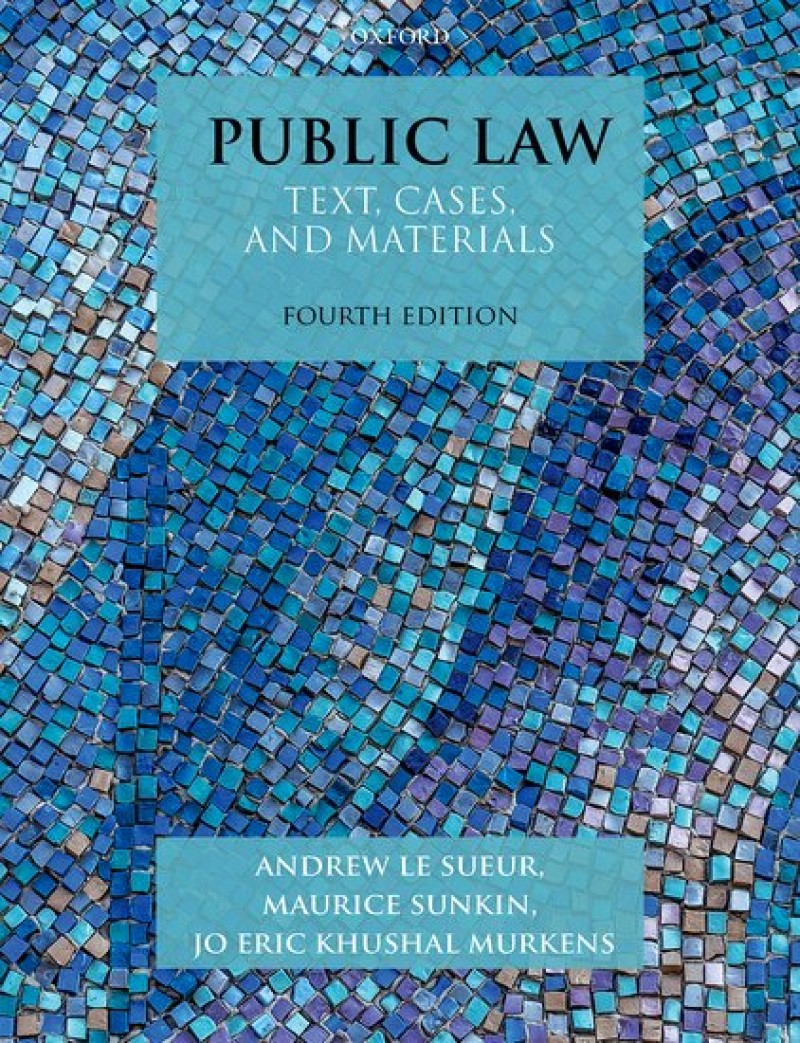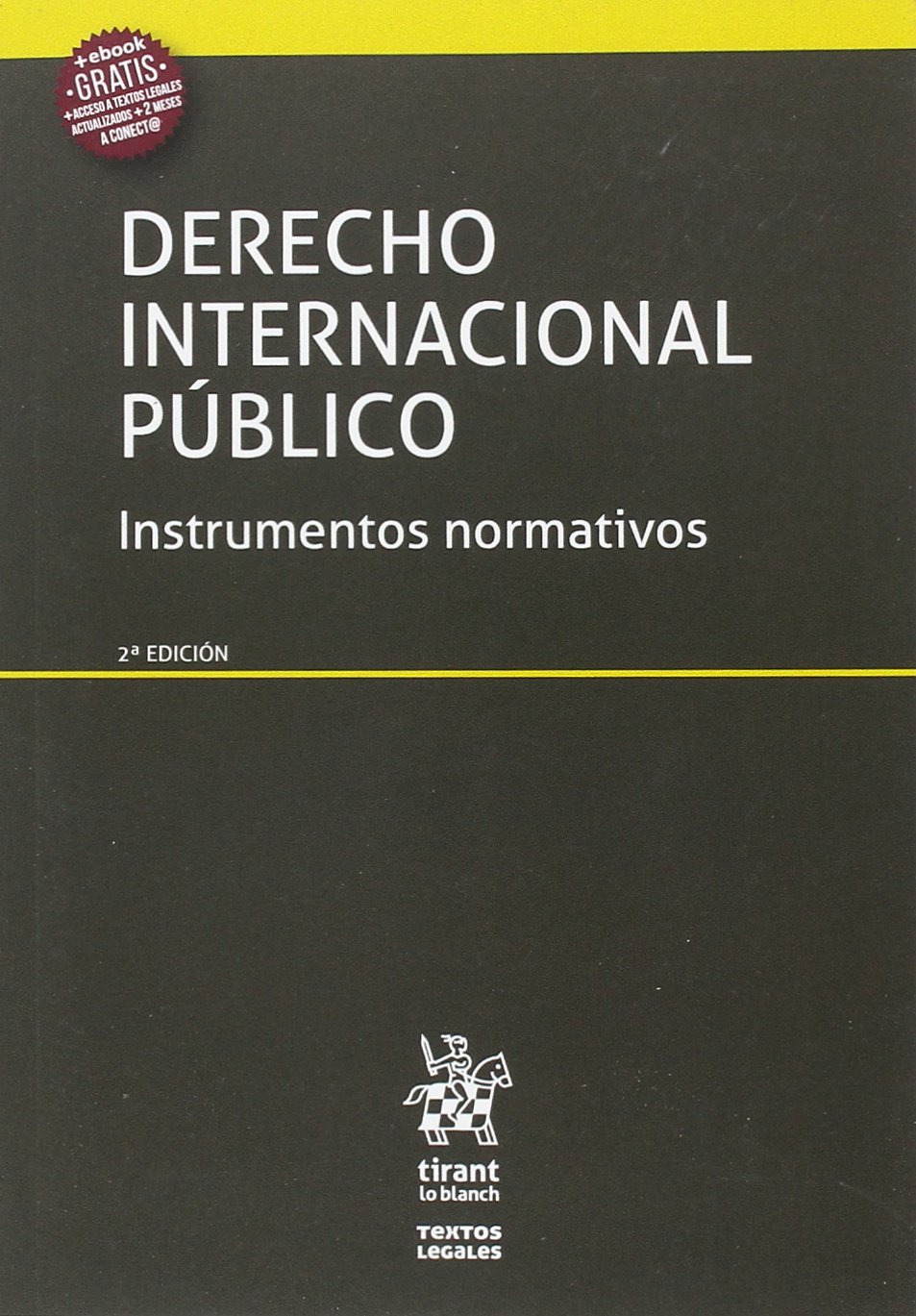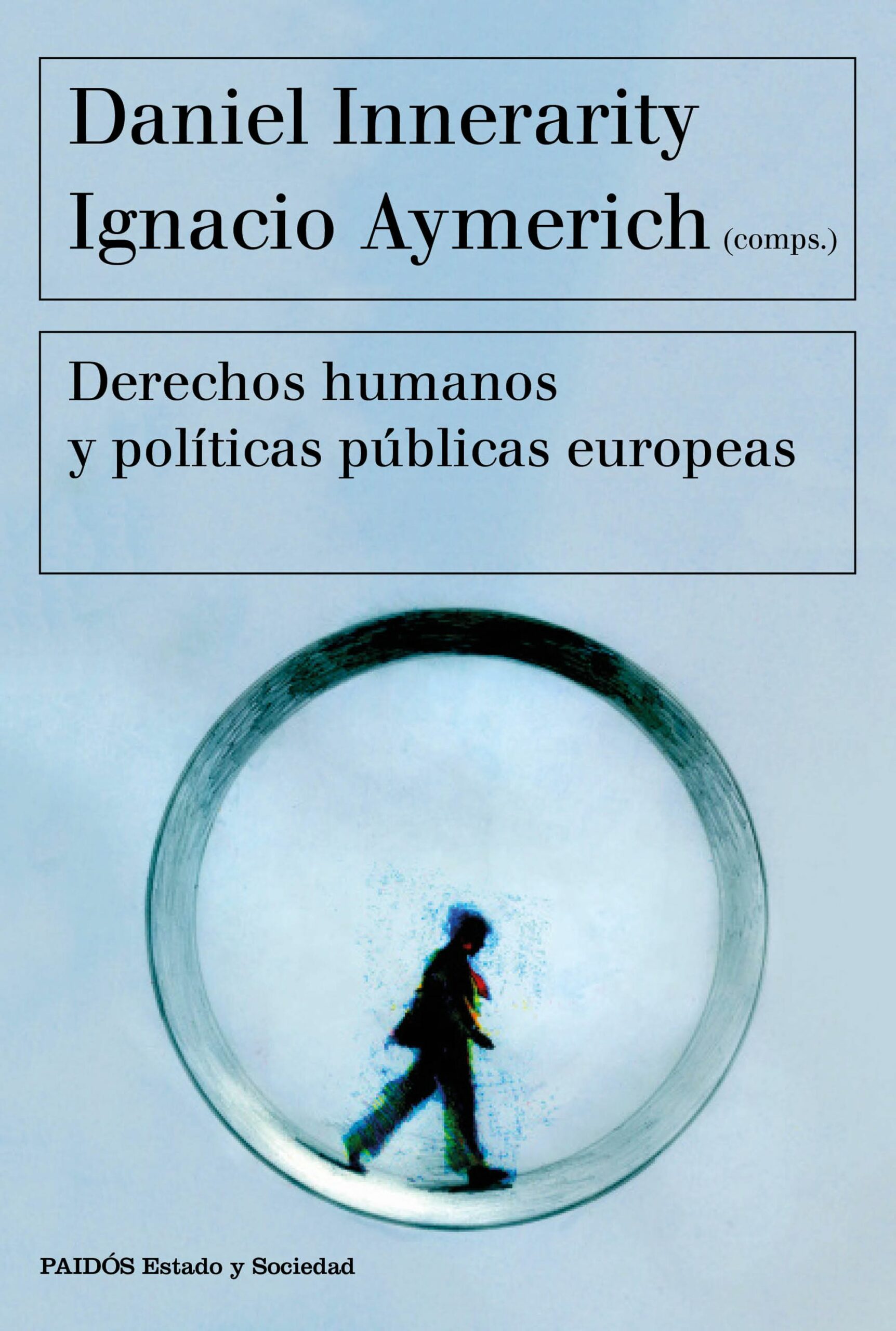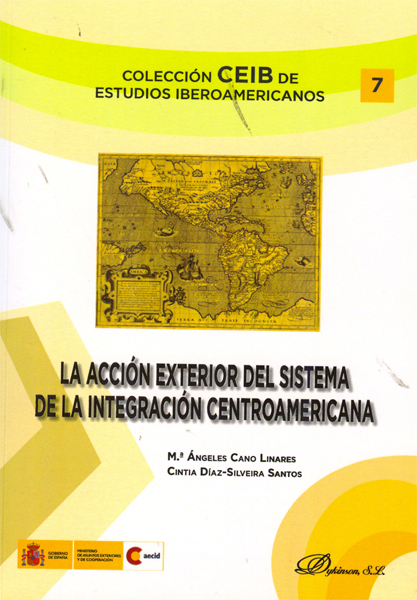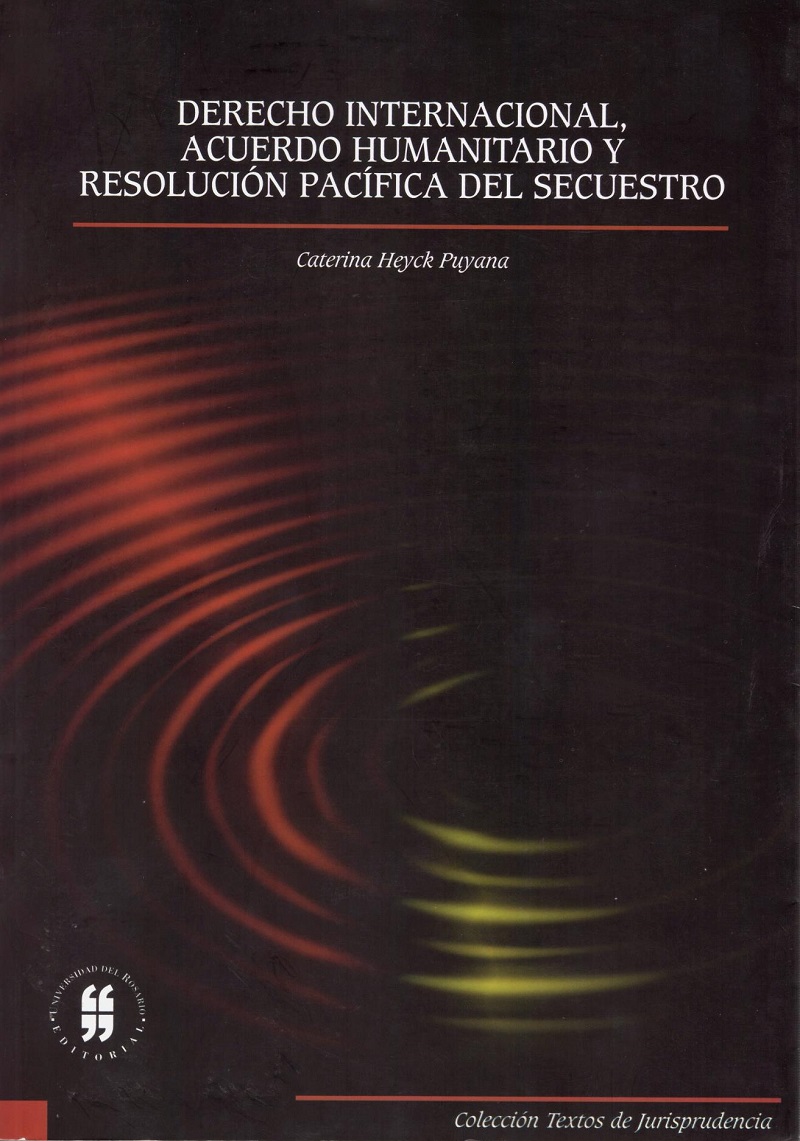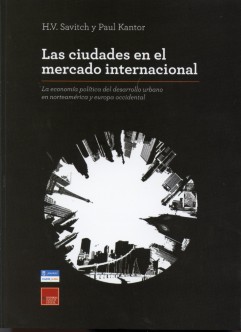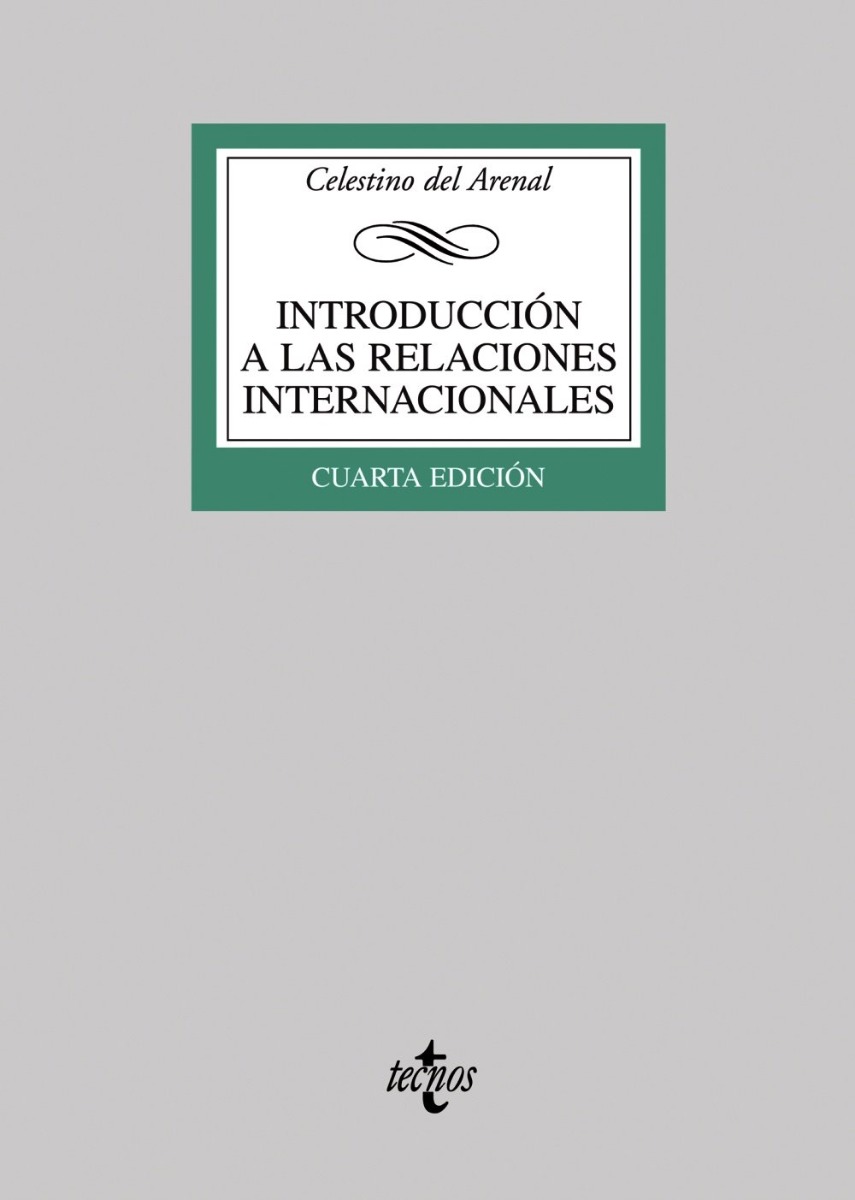Public Law: Text, Cases, and Materials offers a fresh approach to the study of constitutional and administrative law by exploring how the law works in practice.
The inclusion of extracts from key cases, government reports and academic articles demonstrates the law in action and the incisive commentary that accompanies them explains the significance of each. The expert authors have distilled their knowledge of the institutions and legal principles into concise, focused prose, and they encourage reflection through regular questions and hypothetical examples.
This leading text provides students with a thorough and wide-ranging knowledge of public law, together will a full understanding of the theoretical and political debates in this fascinating and dynamic area of law.
Capítulo I. La ignorancia de las leyes
Capítulo II. Transición. ¿Sin leyes?
Capítulo III. Constitución del estatus individual
Capítulo IV. Unidad e identidad de ley y costumbre. Las leyes se promulgan siempre ad referendum
Capítulo V. Autonomía y costumbre local
Joaquín Costa (Monzón, Huesca, 14 de septiembre de 1846 – Graus, Huesca, 8 de febrero de 1911).
Fue un jurista (notario), político, economista e historiador, el mayor representante del movimiento intelectual conocido como regeneracionismo.
Trabajó y estudió en Huesca -bachillerato y título de maestro superior- y Madrid, donde se doctora en Derecho civil y canónico (1872) y Filosofía y Letras (1873). Escribe «La vida del Derecho» (1876) y fue profesor auxiliar en la Univesidad Central, cargo al que renuncia en protesta por la política educativa de la Restauración junto a Francisco Giner de los Ríos y otros miembros de la Institución Libre de Enseñanza. A esta institución laica de enseñanza, inspirada en la filosofía del krausismo, se halla ligado entonces dirigiendo su Boletín (1880-1883), dando clases y participando eficazmente en el Congreso Pedagógico Nacional de 1882.

